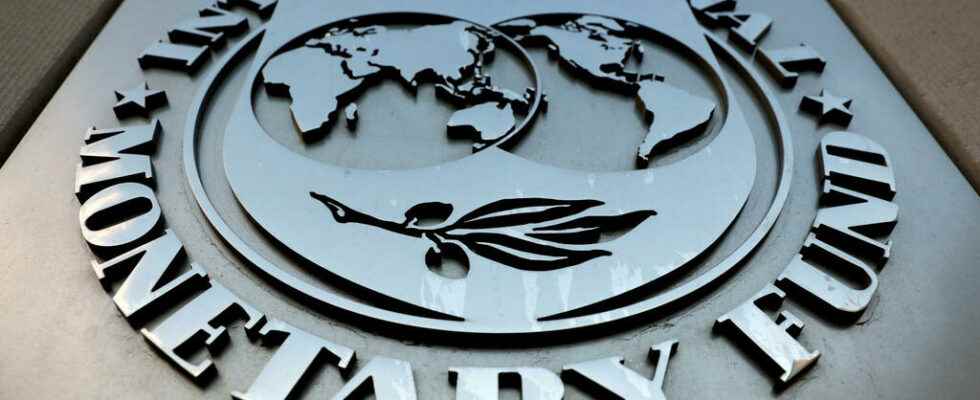The International Monetary Fund completed this week the second evaluation of the three-year program concluded with the DRC under the “Extended Credit Facility”. This mechanism provides financial assistance to countries experiencing prolonged payment difficulties. The results are generally satisfactory and will allow the disbursement of an additional 200 million dollars.
With our correspondent in Kinshasa, Patient Ligodi
The only big downside in the IMF’s assessment concerns health programs. The indicative target on priority health spending was missed. The IMF team pointed to gaps in implementation and a lack of coordination between implementing agencies, before clarifying that this is not due to a problem of diversion.
IMF experts have also drawn the government’s attention to fuel sector subsidies that risk eroding the budget. They insisted on greater transparency in the pricing of petroleum products.
In this regard, Friday, May 13, the Head of State Félix Tshisekedi instructed the Minister of the Economy and his colleague of Hydrocarbons to organize the audit of the price structure of these products, and to report to him. as quickly as possible.
More revenue, but not for investment
The IMF also hopes that the performance recorded in revenue mobilization, which it partly explains by the boom in the mining sector, will be maintained. However, he fears that the funds raised will not be used for social or investment spending. In particular, the global organization recommends strict prioritization and timely implementation of growth-enhancing projects.
►Also read: DRC: public spending has not improved the lives of the population
